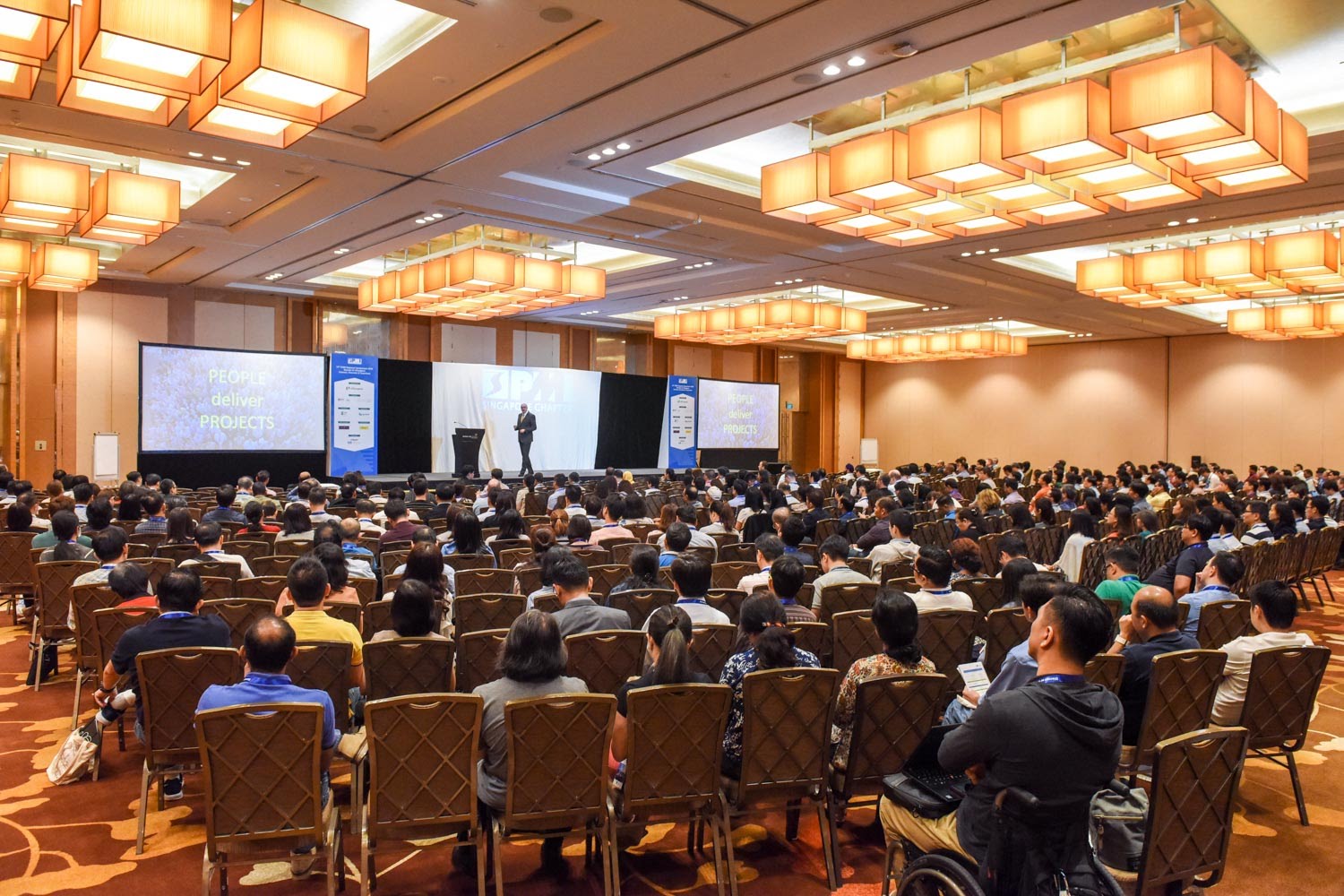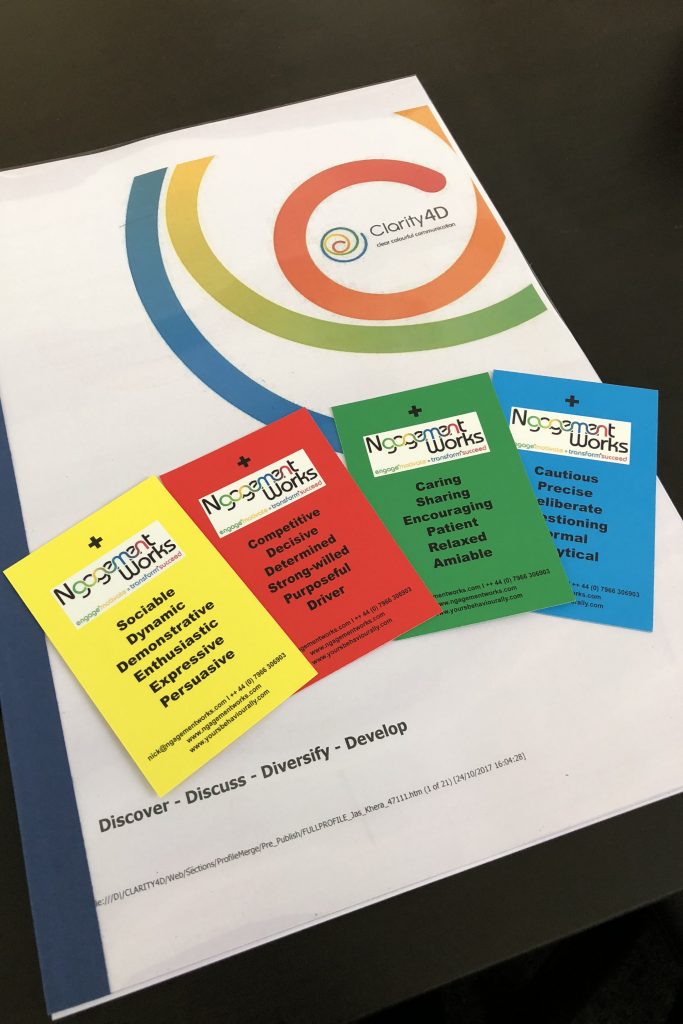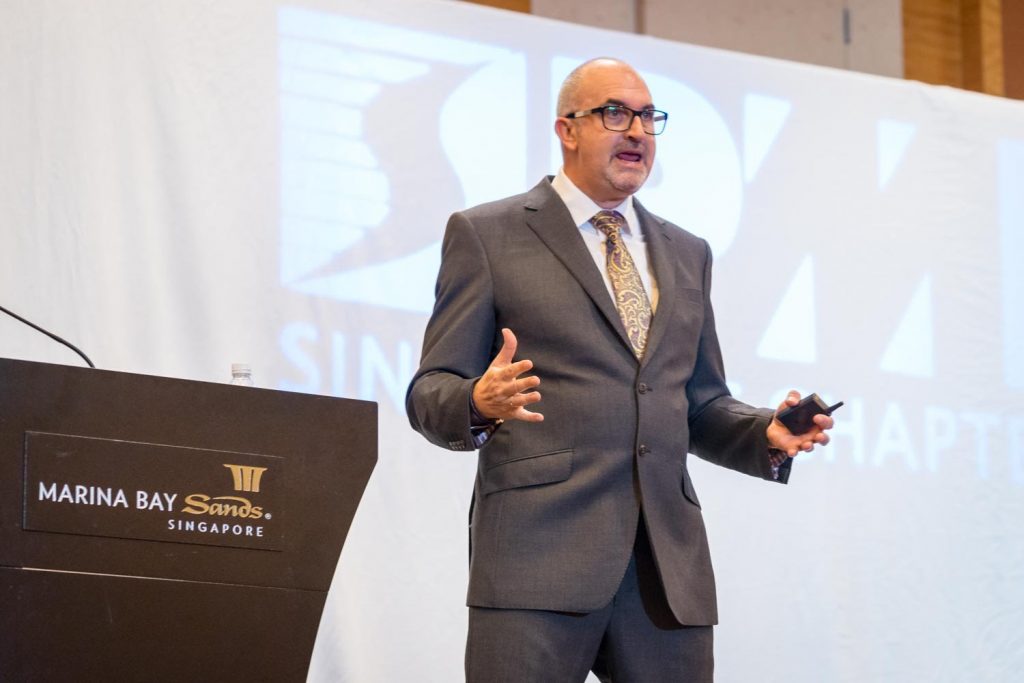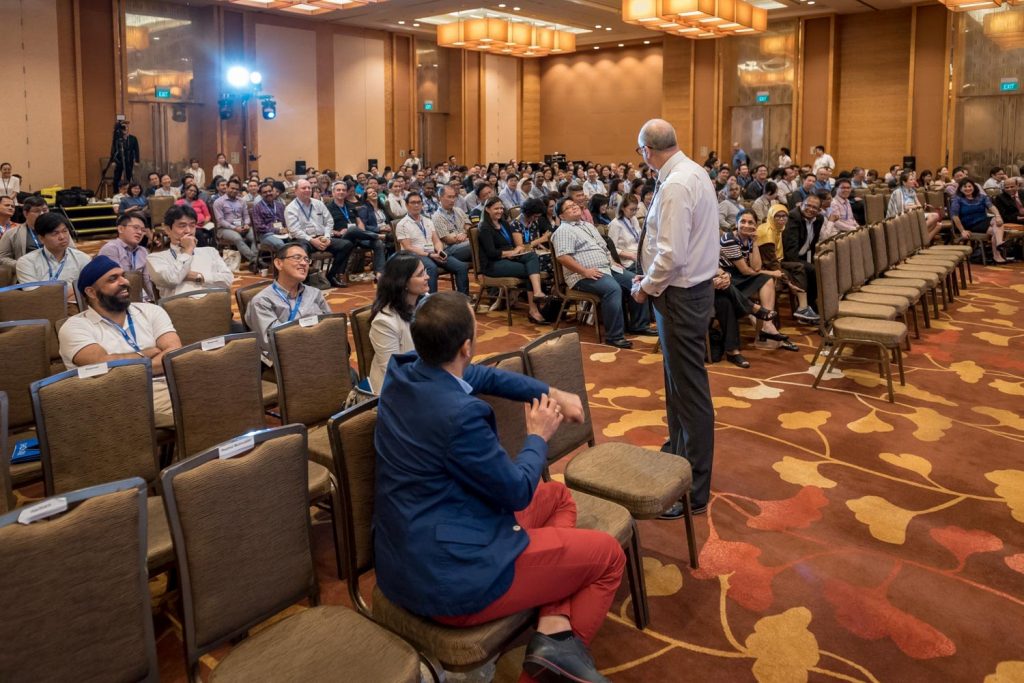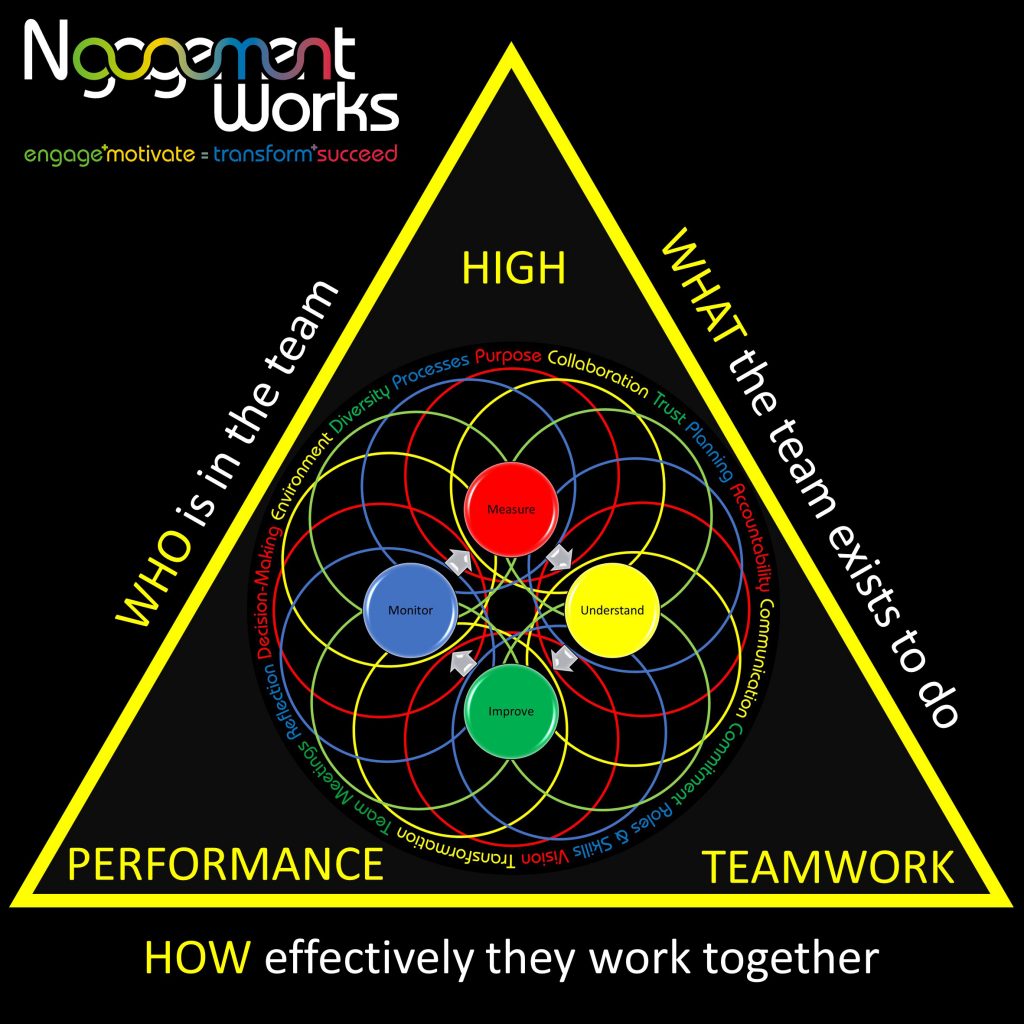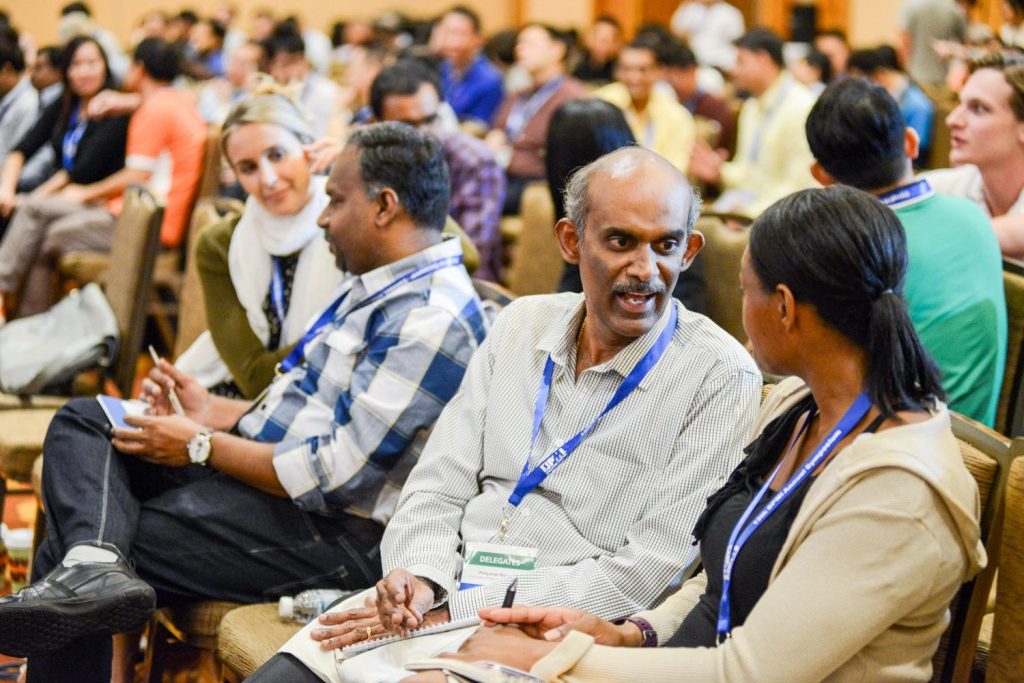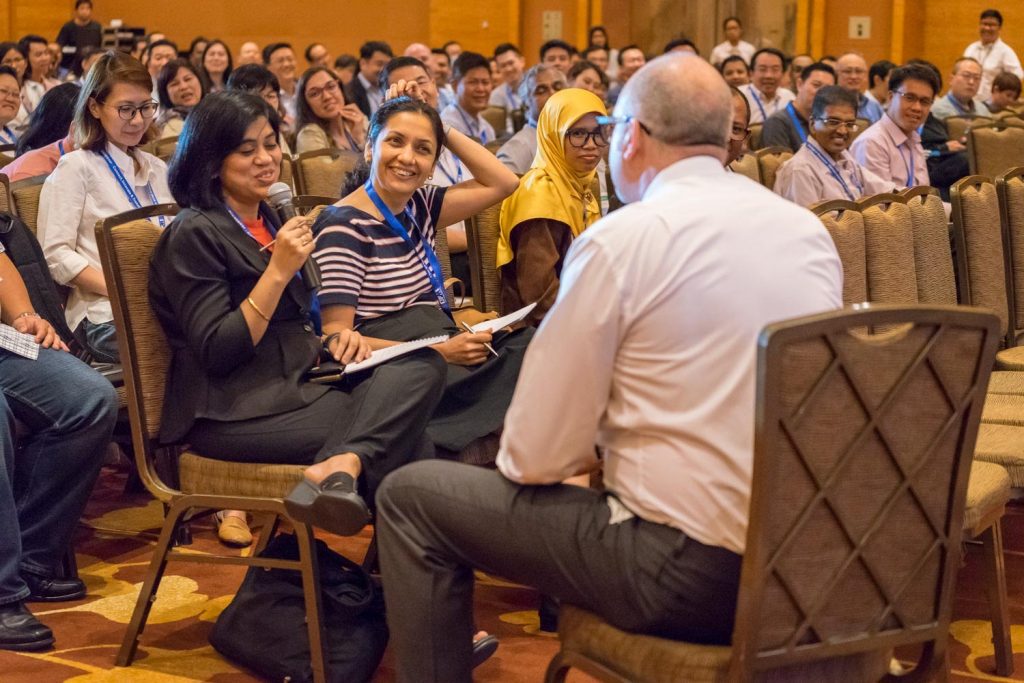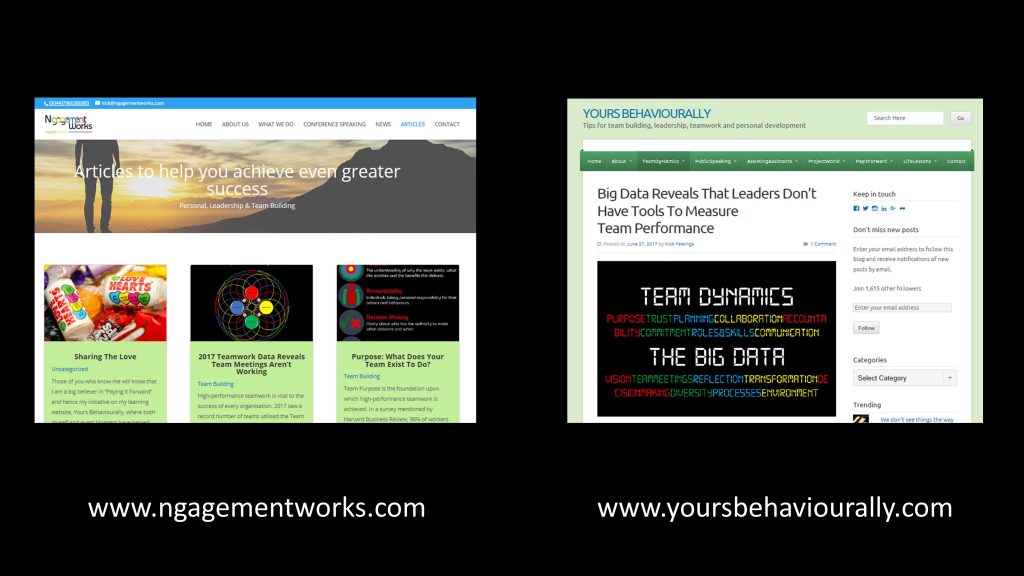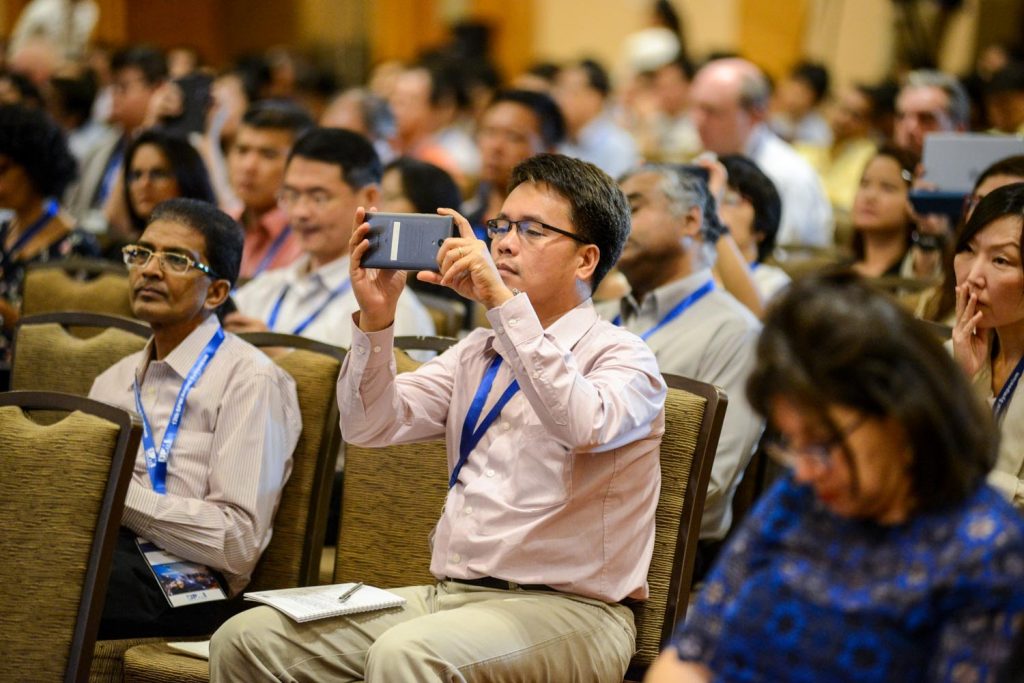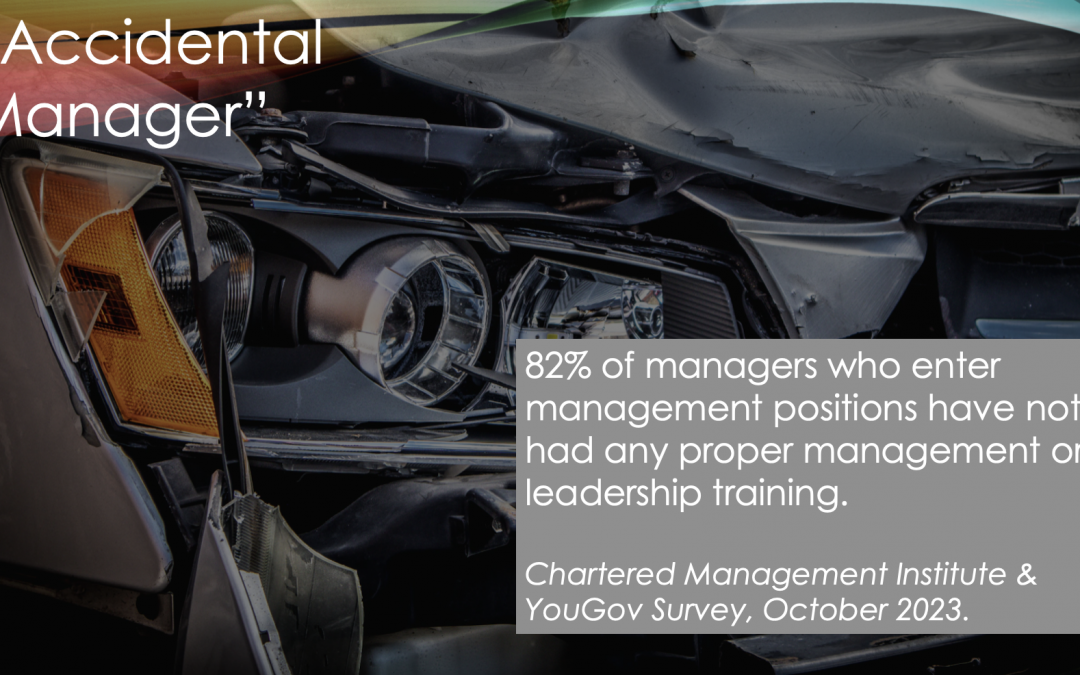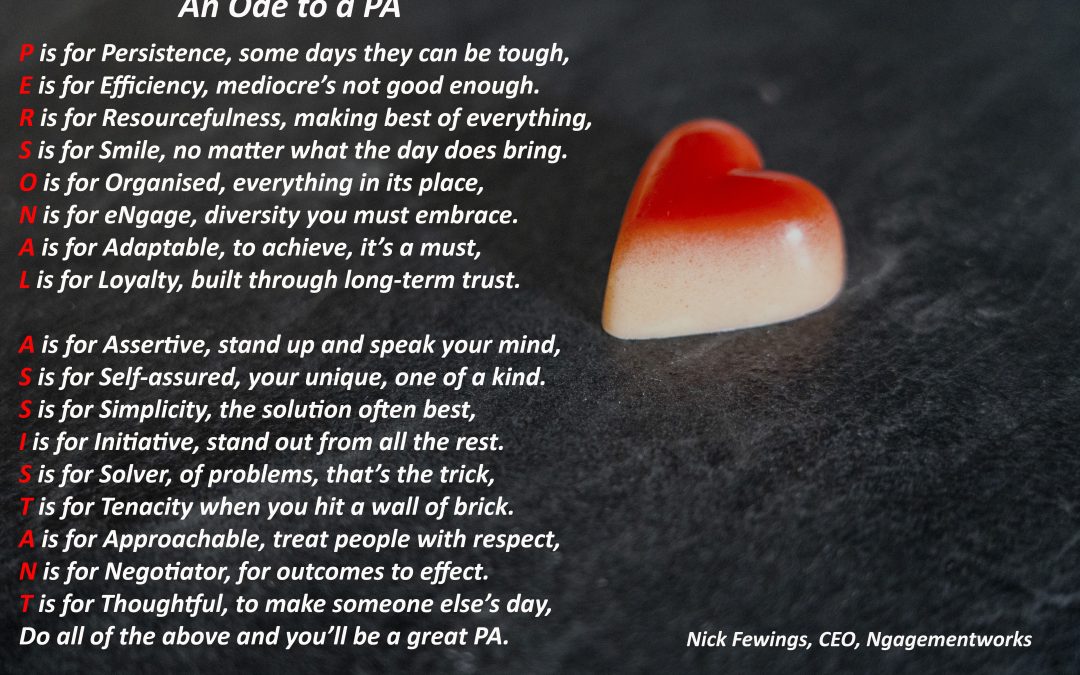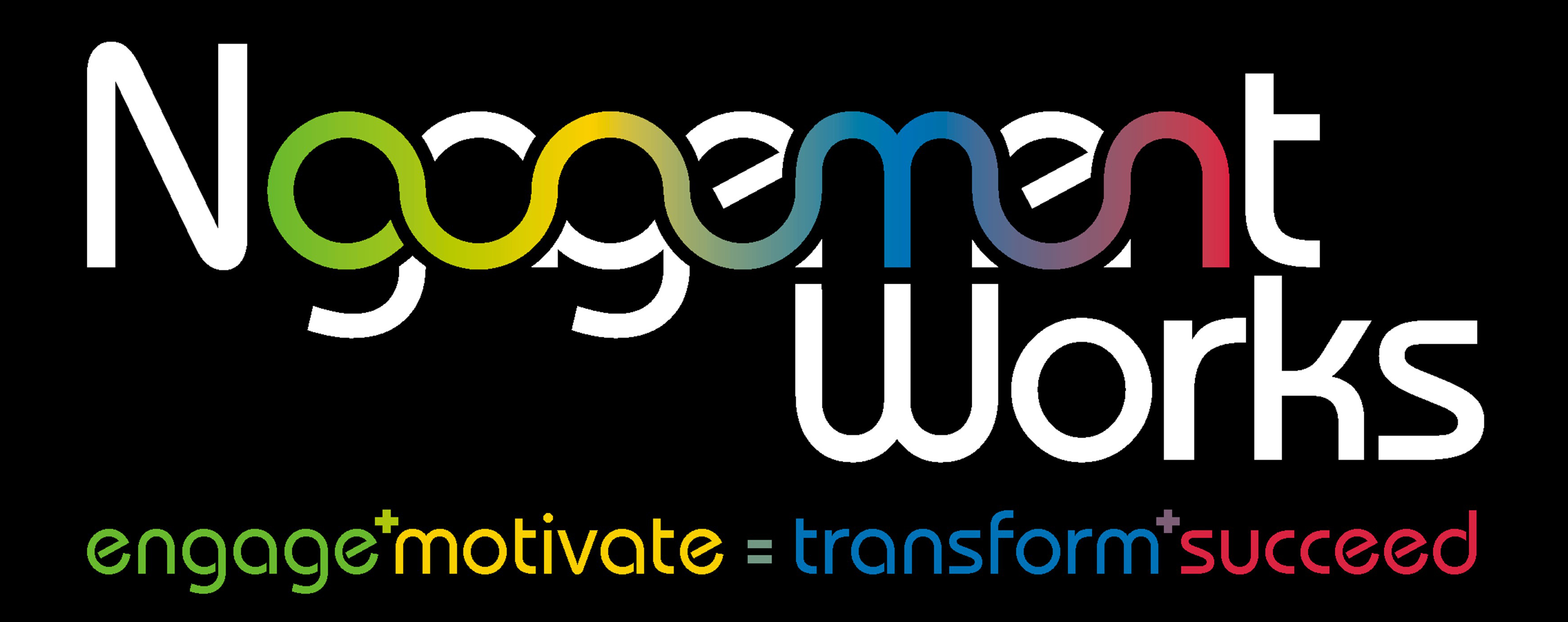If you’re regarded as an expert in your field, the chances are that at some point, you will be asked to speak at a conference, which can be a daunting prospect for some.
I remember my first presentation, to an audience of 12 on a dark wet Winter’s night when all they were really looking forward to was the wine tasting after my presentation! Since then, I have spoken at 500 conferences throughout the world, with average audience sizes in the 50-100 range and the largest ones being in excess of 600 delegates.
I’m always keen to “Pay it forward.” and help others to succeed, so below are some tips that I hope will help you.
Pre-Conference
1. Prepare Well In Advance
Most conferences organisers will want any slides you use at least a couple of weeks in advance of the conference, so they can add them in with those from other speakers who may be speaking.
2. If You Use Slides, Make Them Visual
As human beings, we are very visual, so ensure that any slides you use include photos and graphics and not just words. Also spice up the slides in terms of how they build and the transitions you use. Don’t try to be over flashy however subtle changes will keep the attention of your audience.
3. Think, “What’s In It For The Delegates?”
You should always have the needs of the delegates in mind when planning your presentation. What will you share with them that will make a difference to them and their lives?
Also remember, that, due to behavioural preferences, your audience will have different needs. Some will want to know the benefits, others will want to be wowed, some will want to know the impact the learning has for people and others will want to have data and information to support what you tell them. Build your presentation with this in mind.
4. Time Your Presentation Well
It is likely that there will be speakers on before and after you, so ensure that your presentation covers the time allotted. There is nothing worse than a speaker running over into the next speaker’s presentation time, it’s totally unprofessional. It is better to have a presentation that finishes early than overruns. You can always in-fill by answering more questions however if your time is up, you won’t be able to share any more slides, and they may be the important ones!!
5. Have A Plan B
If you are using presentation slides, audio or video, what happens if there are technical issues on the day? Can you deliver your presentation without them? Don’t think it won’t happen, I have experienced it!
6. Plan Your Travel
Build in contingency into your travel arrangements. There is nothing worse than turning up to speak at a conference all hot and bothered as your travel has been delayed.
7. Make A Note Of Key Contacts
Make sure that you have contact details of the event organisers in order that you can contact them quickly in case of an emergency.
Conference Day
1. Be Yourself
Each of us has our own style, so just stick with that. Trying to emulate the style of others you may have seen just doesn’t work and the audience will pick up on this. By all means watch videos of other presenters to pick up nuggets from what they do however, make sure you can make it work for your style.
2. Pre-Presentation Checks
It is always a good idea to see the room where you will be presenting. How is it laid out, cabaret or cinema-style? Is there a stage? Where’s the podium? Is there a roving microphone or will you be radio-miked?
In addition, it is good to introduce yourself to the event crew and run through the slides you have sent them and also find out how the presentation clicker works to transition your slides. They should also be able to tell you what time you need to be fitted with the radio microphone if you are using one.
If there is a break before I present, I always like to use this to get onto the stage and visualise all the audience in front of me and my presentation going well. It is a technique used by top athletes before their event to get them “in the zone”.
3. Use The Space
Don’t just hide behind the lectern or stay on the stage. Use the space available to you, to move around and connect with everyone in the audience.
4. Tell Them What You Are Going To Tell Them
There should be an overview of your presentation in the conference brochure if there is one or they should have been advised online when booking what you are talking about however don’t leave it to chance. We lead busy lives, so it is always useful to let the audience know what you are going to share, either verbally or by using a slide.
5. Get The Audience Interacting With You And Each Other
Ask them a question and get them to raise their hands if they agree/disagree. Empathise with them by making a connection with them and their jobs. Get them talking to each other.
6. Get Personal
Involve the audience as much as you are able and utilise their knowledge and experience.
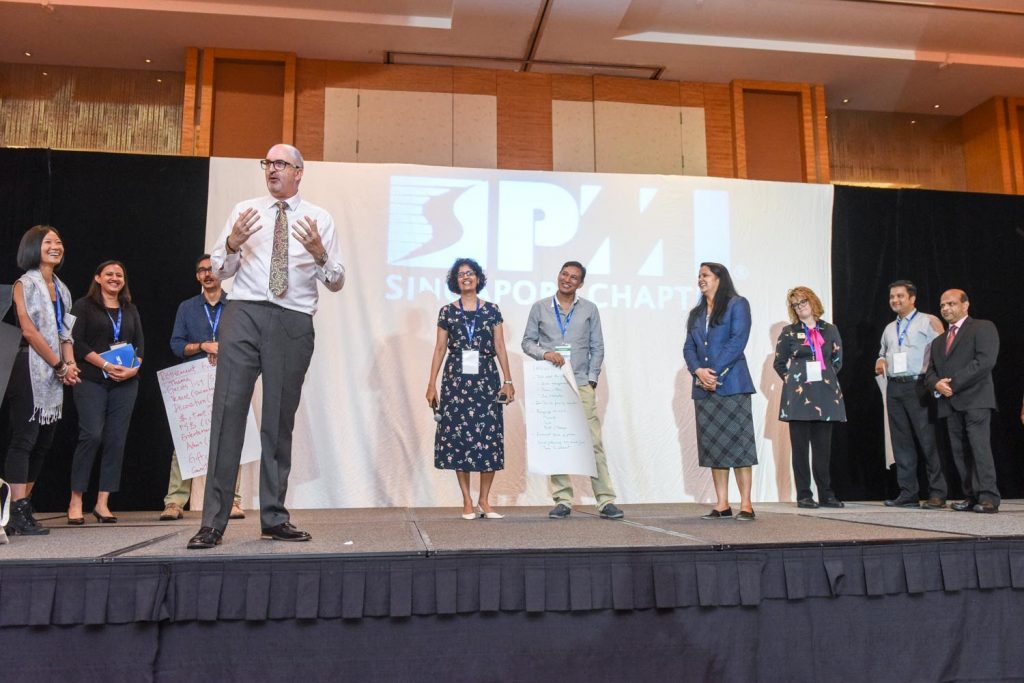
7. Make Them Laugh
Everyone likes to enjoy themselves, and let’s be honest, some conferences can be very long, so try to inject some humour or energy into what you do.
8. Keep An Eye On The Clock
Once you get in the flow, time can whizz by, so have your watch or timer to hand to check on how you are doing for time. Some conferences have a screen countdown that you can see, or if not, they will give you a 15-minute and 5-minute warning.
9. Allow Time For Questions
Invariably, there will be questions from delegates, so make sure you build in time for these.
10. Sign-post To Further Learning
Always have a slide where delegates can see where to get further information.
11. Share Your Contact Details
These days, most delegates have a smart phone, so having your contact details on a slide is always useful, so they can take a photo of it and get back in touch.
Thanks to PMI Singapore for allowing the use of photos taken at the 13th SPMI Symposium, held at The Marina Bay Sands Hotel, Singapore.
